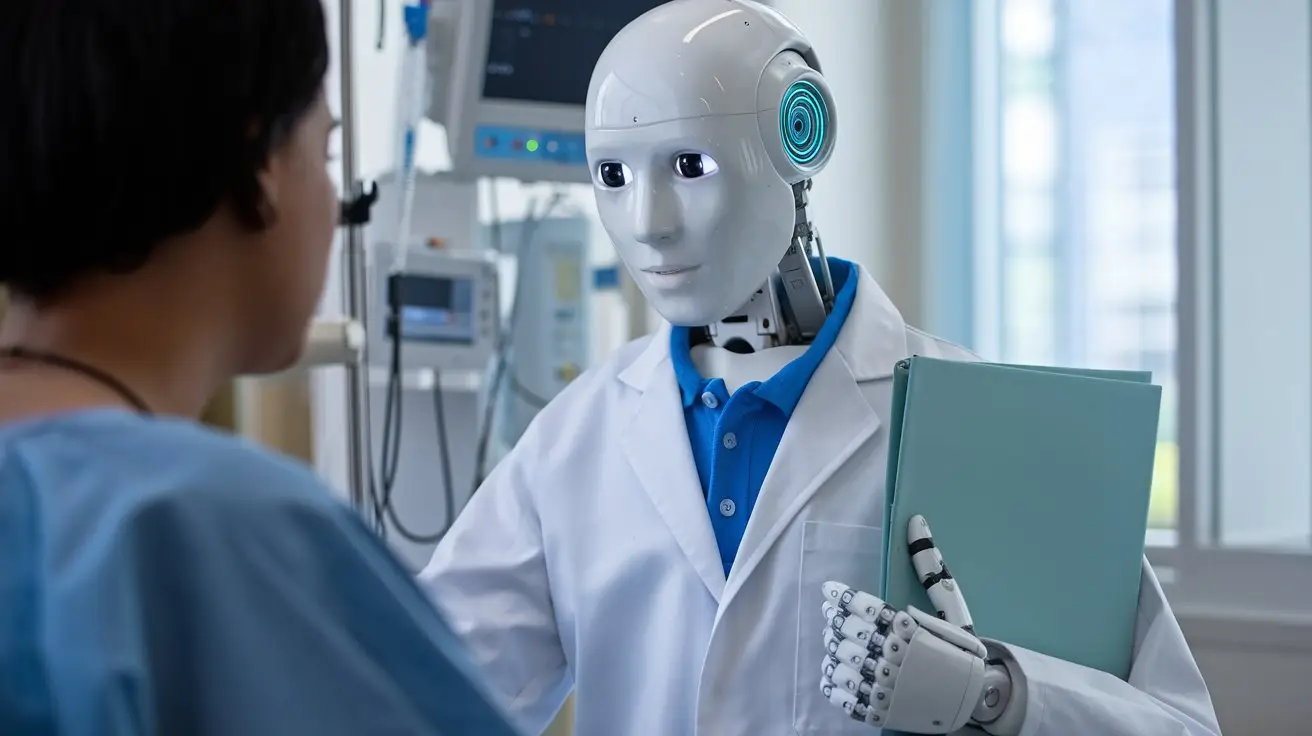In today’s fast-paced digital landscape, staying ahead in marketing requires more than creativity—it demands innovation. Artificial intelligence (AI) is no longer a buzzword; it has become a powerful tool revolutionizing how businesses approach digital marketing. By automating processes, analyzing massive data sets, and personalizing customer experiences, AI is reshaping the digital marketing playbook.
This article delves into how artificial intelligence is redefining digital marketing strategies, the tools making it happen, and how businesses can harness its power to stay competitive.
What Is Artificial Intelligence in Digital Marketing?
Before diving into its impact, let’s clarify: artificial intelligence refers to the simulation of human intelligence by machines, enabling them to perform tasks like learning, problem-solving, and decision-making.
In digital marketing, AI automates repetitive tasks, enhances customer insights, and creates hyper-personalized campaigns. From chatbots to predictive analytics, AI integrates seamlessly into marketing strategies to deliver efficiency and effectiveness.
Key Ways AI is Transforming Digital Marketing
1. Hyper-Personalization
Gone are the days of generic marketing campaigns. Today, customers expect brands to understand their preferences. AI uses data analytics and machine learning to create personalized content for each customer, improving engagement rates.
For instance, AI analyzes browsing history, purchase patterns, and online behavior to suggest products or services tailored to the individual. Think of Netflix recommending shows or Amazon curating products based on your past interactions.
2. Predictive Analytics
AI-driven predictive analytics is a game-changer for marketers. By analyzing historical data, AI can predict future customer behavior, enabling businesses to make data-driven decisions.
For example, if a retail brand notices a spike in interest for winter coats in a specific region, AI can predict this trend and recommend stocking up in advance. Predictive analytics helps businesses allocate resources effectively, reducing waste and maximizing ROI.
3. Chatbots and Virtual Assistants
Chatbots powered by AI have revolutionized customer support. Available 24/7, these virtual assistants handle queries, provide information, and even guide customers through purchases.
Platforms like Drift and Intercom enable businesses to integrate AI-powered chatbots into their websites, enhancing customer experiences and reducing response times.
4. Content Creation and Optimization
Creating content takes time, but AI tools like Jasper AI and Writesonic simplify the process. These tools can generate blogs, ad copies, and social media posts in minutes, saving marketers time and effort.
Moreover, AI ensures content is SEO-optimized, helping brands rank higher in search results. For instance, AI-powered tools like MarketMuse analyze keywords and recommend topics likely to perform well on search engines.
5. Dynamic Pricing
AI algorithms enable dynamic pricing strategies, where product prices fluctuate based on demand, customer behavior, and market trends. E-commerce giants like Airbnb and Uber use AI to adjust pricing in real time, ensuring competitive rates and maximum profitability.
6. Targeted Advertising
AI has taken targeted advertising to the next level. Platforms like Google Ads and Facebook Ads use AI to display ads to the right audience at the right time. AI analyzes user demographics, interests, and behaviors to deliver highly relevant ads, increasing conversion rates.
Real-World Examples of AI in Digital Marketing
1. Spotify
Spotify uses AI to curate personalized playlists for its users. By analyzing listening habits, Spotify recommends songs and artists tailored to individual preferences, enhancing user engagement.
2. Sephora
The beauty brand Sephora uses AI-powered virtual assistants to provide personalized product recommendations. Through its app, customers can try makeup virtually, making the shopping experience interactive and fun.
3. HubSpot
HubSpot’s marketing platform integrates AI to automate email campaigns, personalize content, and analyze customer interactions. This makes it easier for businesses to manage their marketing efforts.
Benefits of AI in Digital Marketing
AI brings a host of benefits to digital marketing strategies, including:
- Cost Efficiency: By automating repetitive tasks, AI reduces labor costs.
- Improved Accuracy: AI eliminates human error, ensuring precise targeting and decision-making.
- Enhanced Customer Experiences: Personalization boosts customer satisfaction and loyalty.
- Real-Time Insights: AI provides real-time analytics, helping marketers make timely adjustments.
Challenges in Adopting AI for Digital Marketing
While AI offers immense potential, it’s not without challenges:
- High Initial Investment: Implementing AI tools can be costly, especially for small businesses.
- Data Privacy Concerns: With AI relying heavily on data, ensuring compliance with regulations like GDPR is crucial.
- Skill Gap: Not all marketers are equipped to leverage AI tools effectively.
Businesses must weigh these challenges against the benefits to develop a practical AI integration strategy.
How to Get Started with AI in Digital Marketing
Here’s how businesses can start integrating AI into their digital marketing strategies:
- Identify Pain Points: Determine which marketing tasks could benefit from AI automation.
- Choose the Right Tools: Research AI tools like ChatGPT, Hootsuite Insights, and Adobe Sensei to find the best fit for your needs.
- Train Your Team: Invest in training programs to upskill your marketing team in AI technologies.
- Start Small: Begin with pilot projects before scaling AI solutions across your marketing efforts.
The Future of AI in Digital Marketing
The future of artificial intelligence in digital marketing is bright. As AI technology evolves, we can expect even more sophisticated tools capable of understanding human emotions, creating ultra-personalized campaigns, and automating complex tasks.
Imagine AI tools that not only predict customer behavior but also adapt marketing strategies in real time to maximize engagement. The possibilities are endless, making now the perfect time for businesses to embrace AI and stay ahead in the competitive digital landscape.
Final Thoughts
AI is transforming digital marketing from a creative endeavor to a data-driven powerhouse. By leveraging artificial intelligence, businesses can create highly targeted campaigns, streamline operations, and deliver exceptional customer experiences.
While challenges exist, the benefits far outweigh the risks. With the right approach, AI can become a marketer’s best ally, driving growth and innovation.
Whether you’re a startup or a multinational corporation, integrating AI into your digital marketing strategy is no longer optional—it’s essential for success in today’s tech-driven world.






